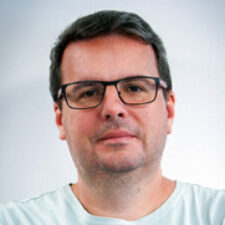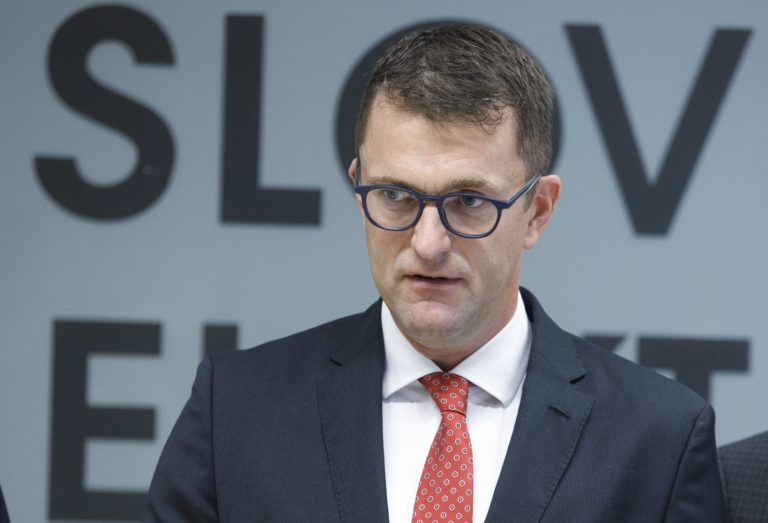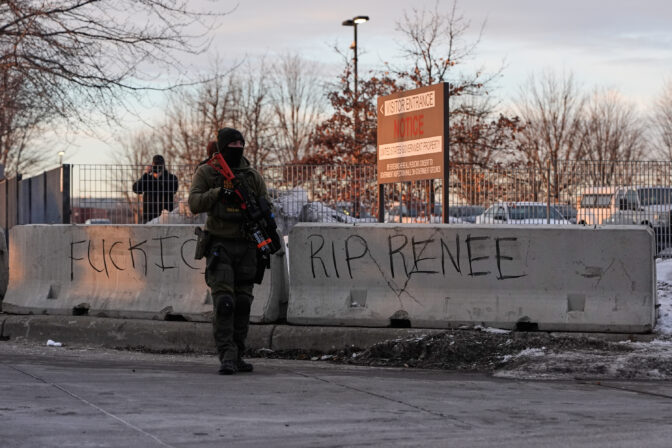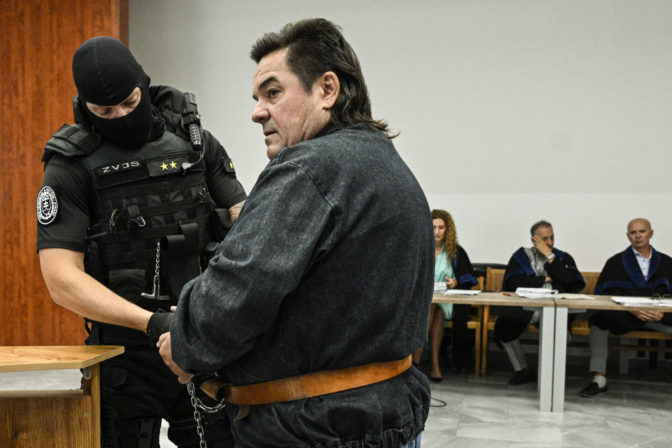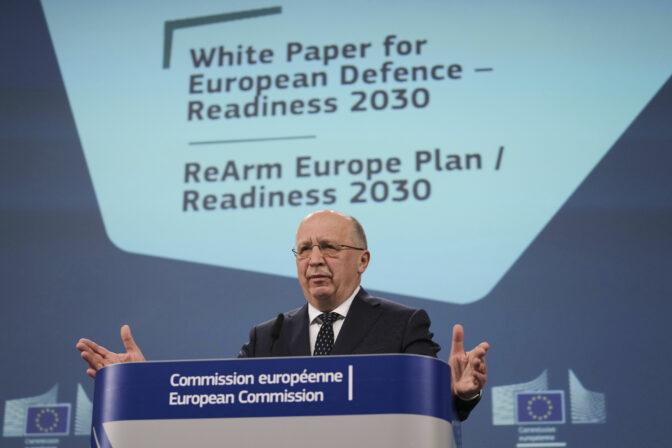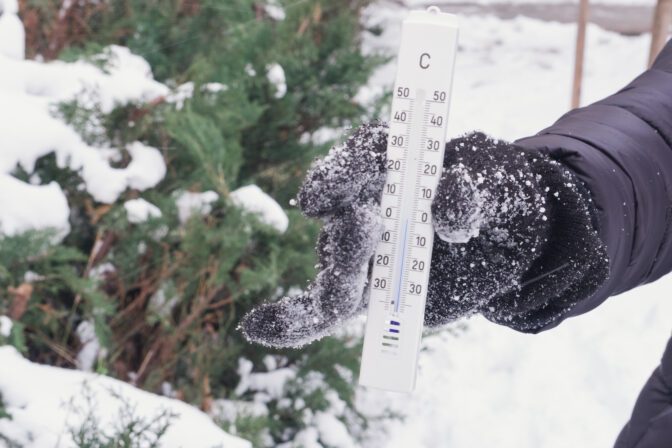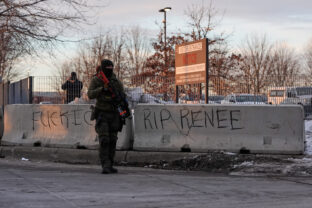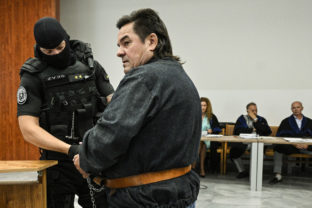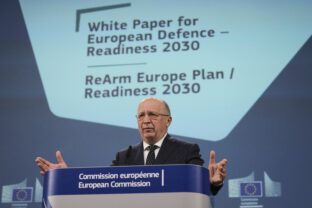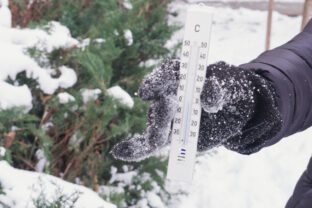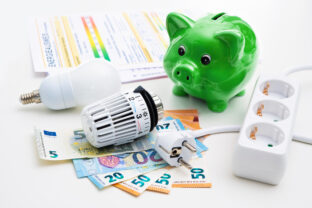Completely cutting itself off from the Russian nuclear business will not be as easy as the European Union imagines. At least five member states (Slovakia, the Czech Republic, Hungary, Bulgaria, Finland) will be dependent on cooperation with the Russian nuclear industry for a long time to come. „In Europe, we are going to shoot ourselves in the foot again if the European Union’s plans are fulfilled. And we will gain nothing from it,“ said Branislav Strycek, the chairman of the board of directors of Slovenske Elektrarne, at a meeting with journalists. Slovenske Elektrarne currently operates five Russian-type reactors in Slovakia and is currently launching a sixth.
The dominant Slovak electricity producer points out that the production of nuclear fuel consists of four phases: uranium mining, its conversion, enrichment and finally the fabrication of the fuel assembly. Slovakia is not dependent on Russia for the purchase of uranium itself. Slovak power plants buy it mainly from Canadian suppliers. „Uranium is not a problem. When there is demand, even closed mines will open,“ added Strycek. There are currently ten major players in the uranium market in the world. However, competition is narrowing significantly in the next stages of production. Only five players in the world can handle uranium conversion, and only four can handle enrichment. The European Union plans to impose sanctions on these stages as well. Russia’s Rosatom has a 44% global market share in uranium enrichment, the US Urenco 31%, China’s CNNC 13% and France’s Orano 12%. According to Strycek, switching from Rosatom to another supplier is currently impossible, as the other three are „booked out“. „Without Russia, we would have a hard time putting it together,“ he noted.
If the European Union decided to completely cut off from the Russian nuclear business, it would have to consider building a new uranium enrichment plant in Europe. However, building such a plant is extremely difficult. It can take up to ten years and cost approximately 30 billion euros (the real amount that will be needed to build and license a new European plant, according to expert estimates). Moreover, a uranium enrichment plant is extremely harmful to the environment. “It is more difficult than building the nuclear power plant itself,” Strycek noted. According to Slovenske Elektrarne, the only phase where it is possible to diversify and cut off from Russia is the fabrication of the fuel assembly, which is currently provided for us by the Russian company Tvel. Slovenske Elektrarne has already taken the first steps in this direction. Two years ago, they signed a contract with the American Westinghouse. However, this diversification is also a long way off. The licensing of fuel from a new supplier itself takes several years. “We have no tangible alternatives that would prepare us for the planned steps of the European Union. We may be only 1% dependent on Russia, but even that 1% is very important,” said Zora Mistrikova, director of legal and corporate affairs at Slovenske Elektrarne.
